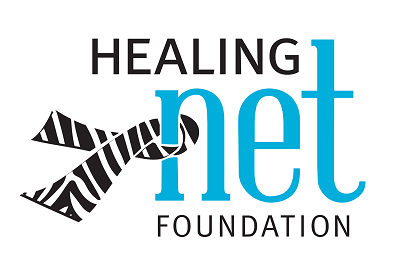Documenting the Journey: The Case for Good Recordkeeping
/Whether you’re newly diagnosed or choosing a new care team after a long hard road of sharp curves, U-turns and deadends, it is important to keep track of where you’ve been. We recommend you obtain copies of all of your scans, pathology reports and insurance documents and keep a notebook to jot down questions and record answers during your appointments.
Organizing the massive amount of information produced by your cancer diagnosis and care will help you communicate more effectively with your health care providers, especially when consultations are needed or a new doctor joins your team. This requires a fair amount of time, persistence and organization. You might delegate a reliable, trusted family member or friend to help with some or all of this and be your designated recordkeeper, notetaker, scheduler, etc. (See Caregiving and Support for more on sharing the load). There is a lot to remember, and terms are confusing. If you track and record things as you go, you will not miss important information along the way. Here are some record-keeping tips:
- To capture key information about your disease in one place, find an app or a tool you like, such as NET VITALS from LACNETS.
- You can use Dropbox, Box, Google Drive, etc., to store and share reports, labs, notes, advance directives and other documents in the cloud.
- Organize every piece of paper related to your care, for example, by year or by practitioner, and keep these documents in one place.
- Take the same notebook with you to every appointment so that you can refer to your notes from previous visits.
- Keep detailed records of all communications with your insurance company, including dates and times, the name, title and contact information of the person you spoke with, and the information you received.
- Ask for and keep at least one CD of every scan that you get. Many NET patients live for years, even decades, and it is quite possible that earlier scans can be helpful later. Get two copies of scans, if possible, so you can share one with additional providers.
You have a right to all of your records, including copies of your scans. You may have to file some simple paperwork with the medical center’s Office of Patient Records. Some medical centers charge for the images, but if you say the scan images are for “continuing care" or speak to your doctor’s office, the charge may be waived.



